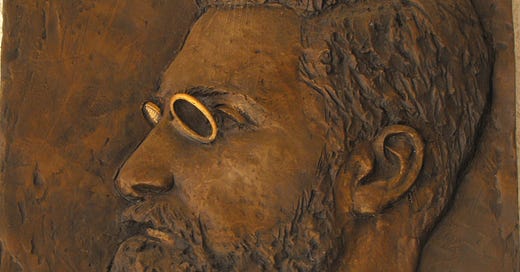Taylor Swift Didn't Win a Pulitzer Prize This Year
Evaluating the Pulitzer Prize in fiction and exploring the possibility of a Taylor Swift book. Stay to the end for a big swing of a character description.
“Biggest” News in Books: The Pulitzer Prize and Taylor Swift
Keep reading with a 7-day free trial
Subscribe to Dear Head of Mine to keep reading this post and get 7 days of free access to the full post archives.



